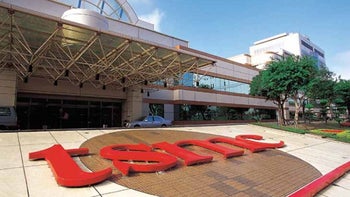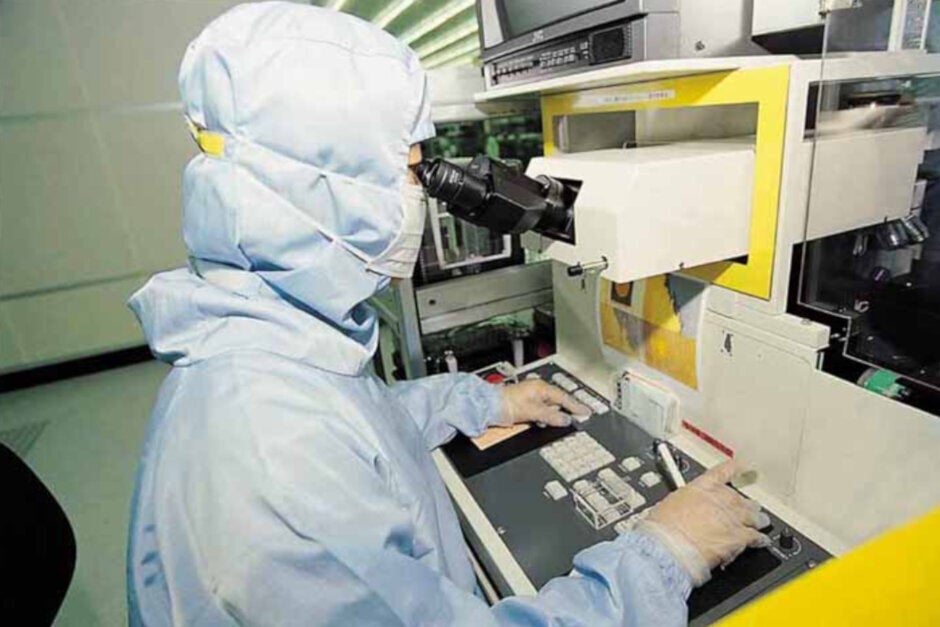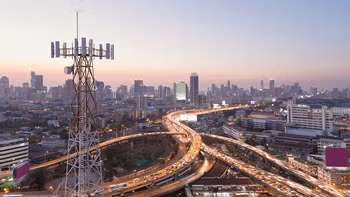Key Apple supplier is doing brisk business

TSMC is in the chips. Literally. The world's largest independent foundry just reported a 16.1% year-over-year gain in fourth-quarter earnings to the equivalent of $3.88 billion USD. That topped analysts' estimates calling for Q4 net of $3.72 billion USD. Revenue grew 10.6% on an annual basis to $10.39 billion USD during the quarter. That figure topped the company's own forecast of $10.2 billion-$10.3 billion USD but fell short of analysts' expectations of $10.55 billion USD.
If you're not sure what TSMC does and why the company is so important to tech manufacturers, here is an easy to understand explanation. Companies like Apple, Huawei, Qualcomm, and MediaTek design their own chips, but do not own the facilities required to actually fabricate them. In the parlance of the industry, these outfits are "fabless." So TSMC produces the chips for these companies. Yes, it might surprise you to learn that Qualcomm doesn't actually manufacture Snapdragon chipsets.
TSMC to benefit from migration to 5G phones
TSMC's Chief Financial Officer Wendell Huang commented about last quarter's results and said, "Our fourth-quarter business benefited from strong demand for high-end smartphones, initial 5G deployment and high-performance computing-related applications using TSMC’s industry-leading 7-nanometer technology." The executive also had plenty to say about the firm's prospects. "Moving into first quarter 2020, despite mobile product seasonality, we anticipate our business to be supported by the continued ramp-up of 5G smartphones," the executive stated. Converting this optimism into numbers, TSMC expects revenue to soar 45% during the first three months of 2020. The company said it expects first quarter revenue to reach $10.2 billion-$10.3 billion, versus $7.1 billion a year ago.

TSMC is the world's largest independent foundry
For this year, TSMC sees the global foundry business rising 17% and expects to spend $15 billion-$16 billion on capital expenditures this year. That would be up slightly from the $14.9 billion that the company spent on capex last year. The second half of 2020 promises to be interesting as TSMC starts using its 5nm process to manufacture chipsets like the A14 Bionic that will power the 2020 iPhone models; also on the schedule for 5nm is Huawei's unannounced chipset that will power its Mate 40 line during the fourth quarter of 2020. There is speculation that this component will be called the Kirin 1020.
The process number refers to the number of transistors that can fit inside an integrated circuit. The smaller the process number, the larger the number of transistors inside a chip making the component more powerful and energy-efficient. TSMC and Samsung, two of the three most advanced foundries in the world (with Intel being the third) have road maps to 3nm by the time 2022-2023 comes around. KGI analyst Laura Chen notes that "Looking into 2020-21, we believe TSMC’s position in advanced technology nodes remains solid given its greater capacity, yield rate control, execution, and diversified customer base."
TSMC's future looks bright as consumers will eventually embrace 5G, the latest generation of wireless connectivity. And that will require them to purchase a new phone leading to growth in a smartphone market that has been struggling. Research firm IDC expects 1.4 billion connected handsets to be delivered this year, up 1.5% from 2019.
While TSMC would be a major beneficiary if the U.S.-China trade war came to an end, more important to the company is the pressure placed on U.S. allies not to allow the use of Huawei's networking gear in 5G networks now being constructed. Australia and Japan have heeded the warnings while other countries like Germany have dismissed them. This week, a U.S. delegation met with U.K. officials reportedly to show them new evidence against Huawei. In the U.S., the company is considered a national security threat because of a law in China that could force it to spy on behalf of the Chinese government.
While TSMC says that Huawei's issues only have a short-term impact on it, and that smaller networking firms will make up the difference, securities firm Bernstein doesn't agree. "The company sees any disruption will be short-lived and for example commented that smaller telco infrastructure suppliers can quickly pick up the shortfall if Huawei can’t deploy 5G as planned," a Bernstein analyst wrote in a note to clients. "We find that too optimistic and believe the short-term impact will be notable."
TSMC's shares trade on the New York Stock Exchange and have risen 58.3% over the last year.












Things that are NOT allowed: